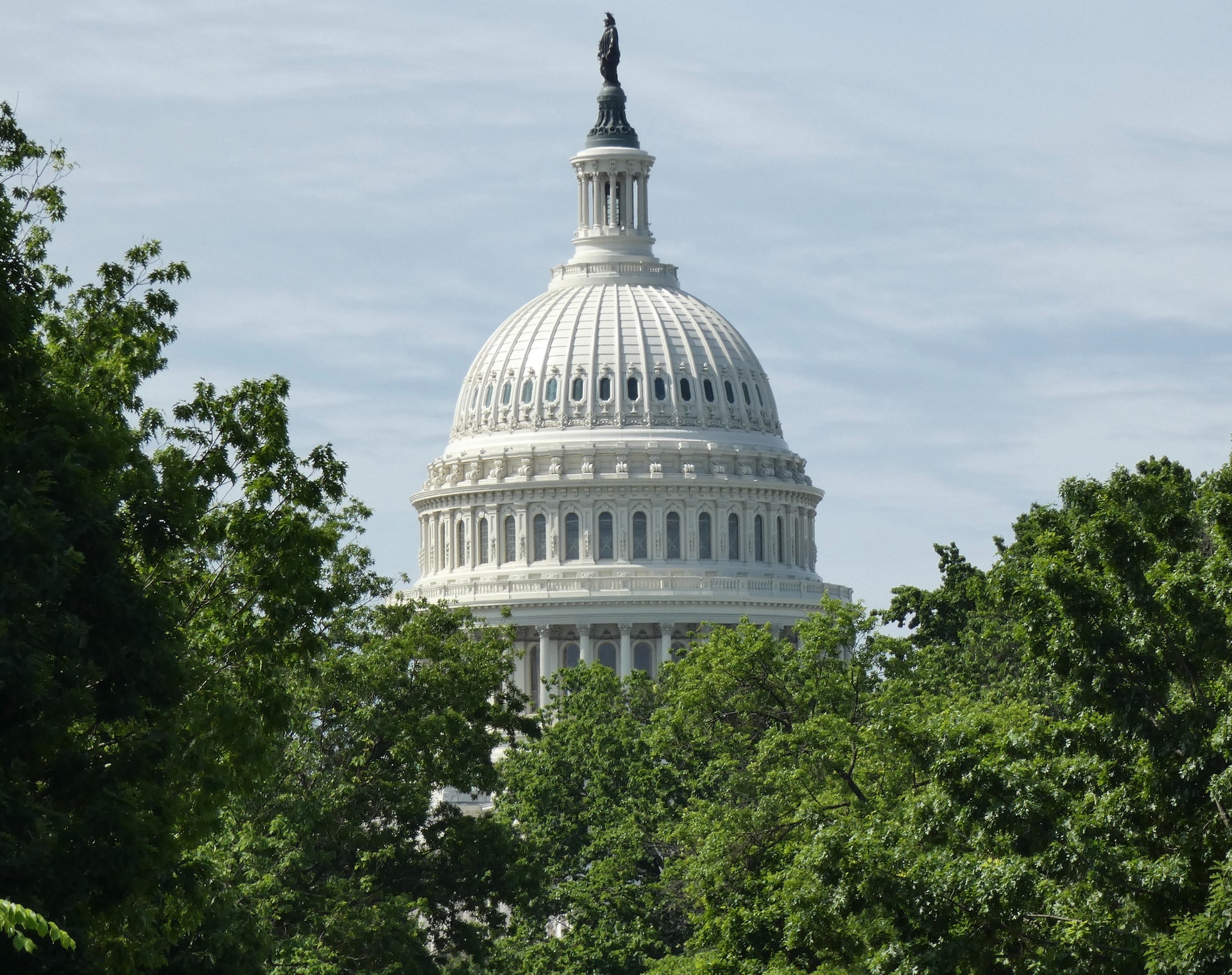It was an interesting week on government enforcement as the Obama Administration is closing out its term with fines against auto industry manufacturers VW ($4.3 billion) and Takata (expected to be up to $1 billion). After the inauguration, these enforcement decisions will be in the hands of the Trump Administration.
President-elect Trump has promised change in Washington and a more business-friendly, pro-growth regulatory environment. So we could see a substantial change from President Obama, who led the government through some of its highest fines ever against corporations. As the inauguration is only a week away, and Trump has named many of the key players under his administration, we are now starting to get better insight into the future. Let’s take a look at a few key players, statements and policy announcements.
Drug Pricing
President-elect Donald Trump put pharmaceutical companies on notice this week that the days of unreasonable prices are over. In a press conference, Trump complained about high drug prices and said that pharma companies were “getting away with murder”. Trump specifically declared that he would allow Medicare to negotiate drug prices. It’s unclear what other changes in drug pricing will be pushed as part of the proposed repeal of the Affordable Care Act, but this is a good sign for the fight against fraud.
Trump isn’t expected to be a big fan of government regulatory enforcement against business. He has promised to ease regulations to allow businesses to grow and create jobs. But these comments suggest that Trump still isn’t going to allow pharmaceutical companies to fleece the country, which should be good for whistleblowers in the health care industry.
Attorney General Nominee Jeff Sessions on the False Claims Act
Trump’s nominee for Attorney General, U.S. Senator Jeff Sessions, testified before the Senate Judiciary Committee this week. In his opening remarks, he said he would make prosecuting fraud in federal program a “high priority” and that “[w]e cannot afford to lose a single dollar to corruption.”
Senator Grassley also questioned Sessions specifically on the False Claims Act. It turns out that Senator Sessions filed a qui tam as a lawyer.
The seal period for False Claims Act lawsuits was specifically discussed as well. It sounds like there will be more frequent updates to Congress on the cases that are under seal and perhaps internal pressure to conduct their investigations faster. Many whistleblowers have expressed dismay and learning how slow the wheels of justice can turn in these cases, so this isn’t necessarily bad for whistleblowers. However, our clients generally benefit from government intervention on a case
Awaiting More Information on SEC Chair Nominee Jay Clayton
The Volcker Rule and a partial repeal of the Dodd-Frank Act are also on Trump’s priority list. Following these reforms, whatever they may be, it will be up to Trump’s pick for SEC Chair, Walter “Jay” Clayton, to protect investors and limit the excesses of Wall Street.
Clayton was an attorney and partner at Sullivan & Cromwell. He advised Goldman Sachs during the financial crisis. But his history as defense counsel has also raised concerns that there won’t be aggressive enforcement against Wall Street and Big Business.
One law where we have specifically seen people express concern is with the Foreign Corrupt Practices Act. As an attorney, Clayton was involved in a report critical of the FCPA’s impact on American businesses operating around the globe.
We are reserving judgment at this point. The SEC just came out with its list of examination priorities for 2017, and they include many expected areas of concern including cybersecurity. We will be following the new administration closely to help determine where and how the new administration’s priorities differ from enforcement under outgoing chair Mary Jo White, which was responsible for the 2017 priority list. The Wall Street Journal called Clayton “a 180” from White. We will see soon if that applies to policy as well as background.


